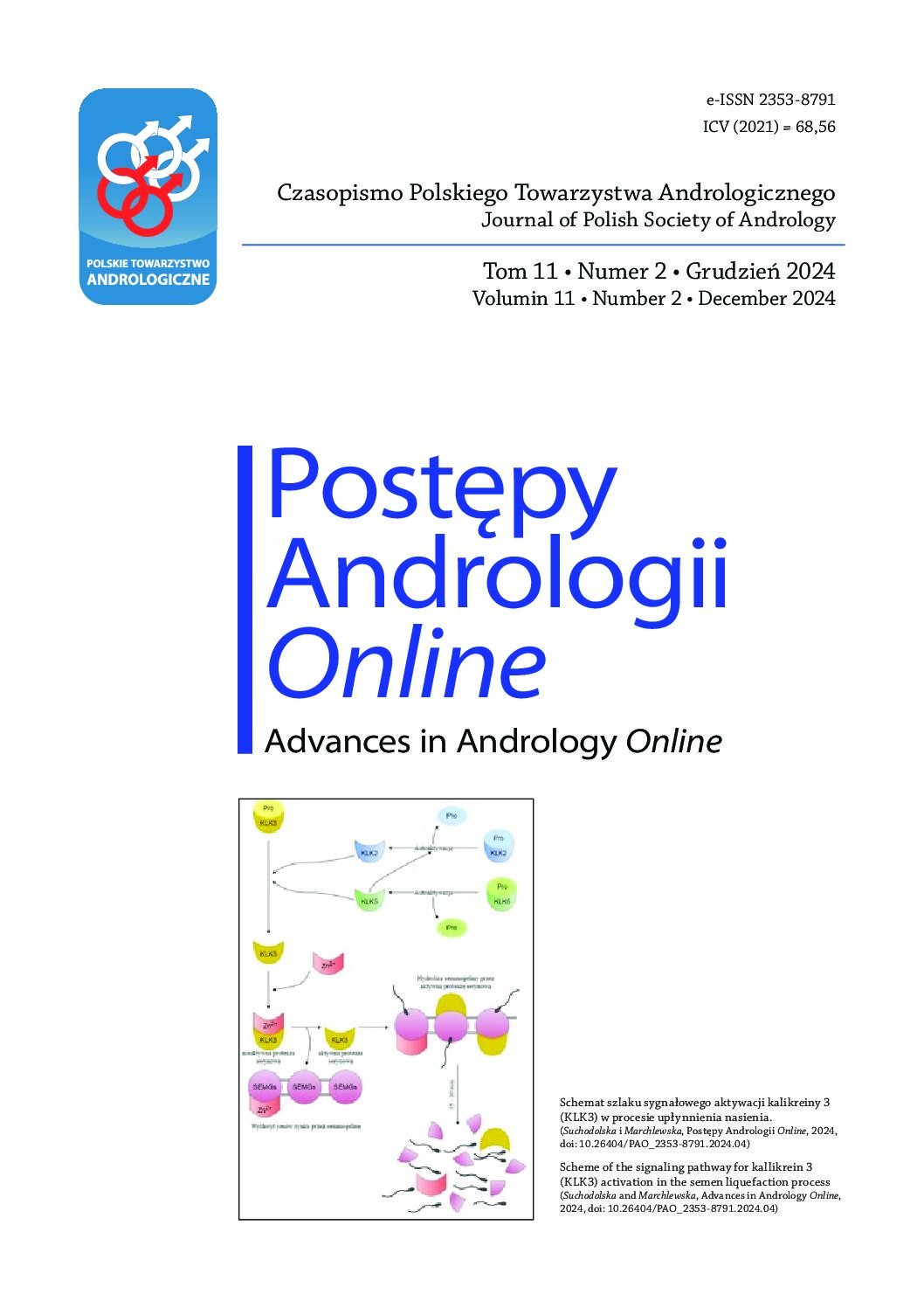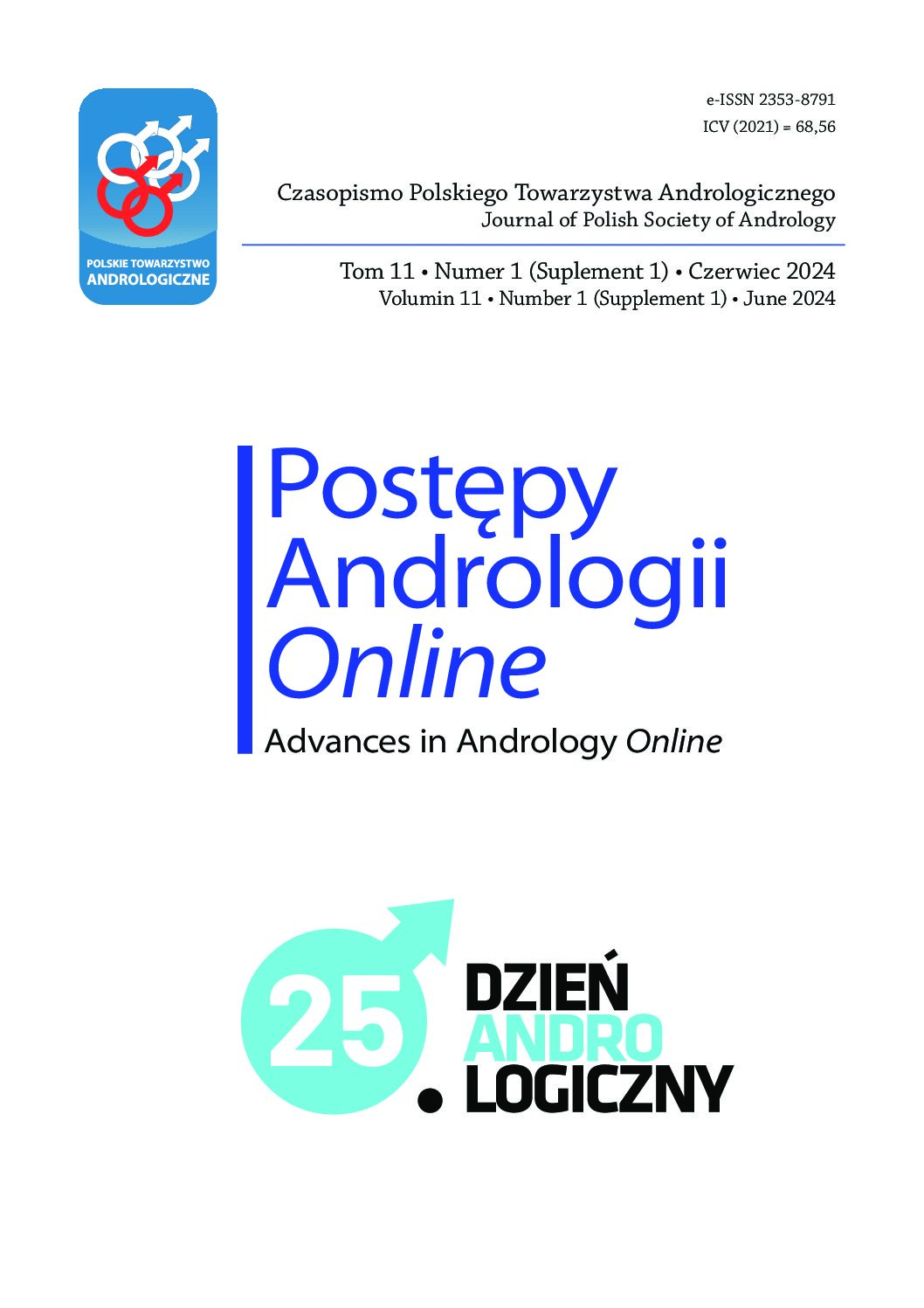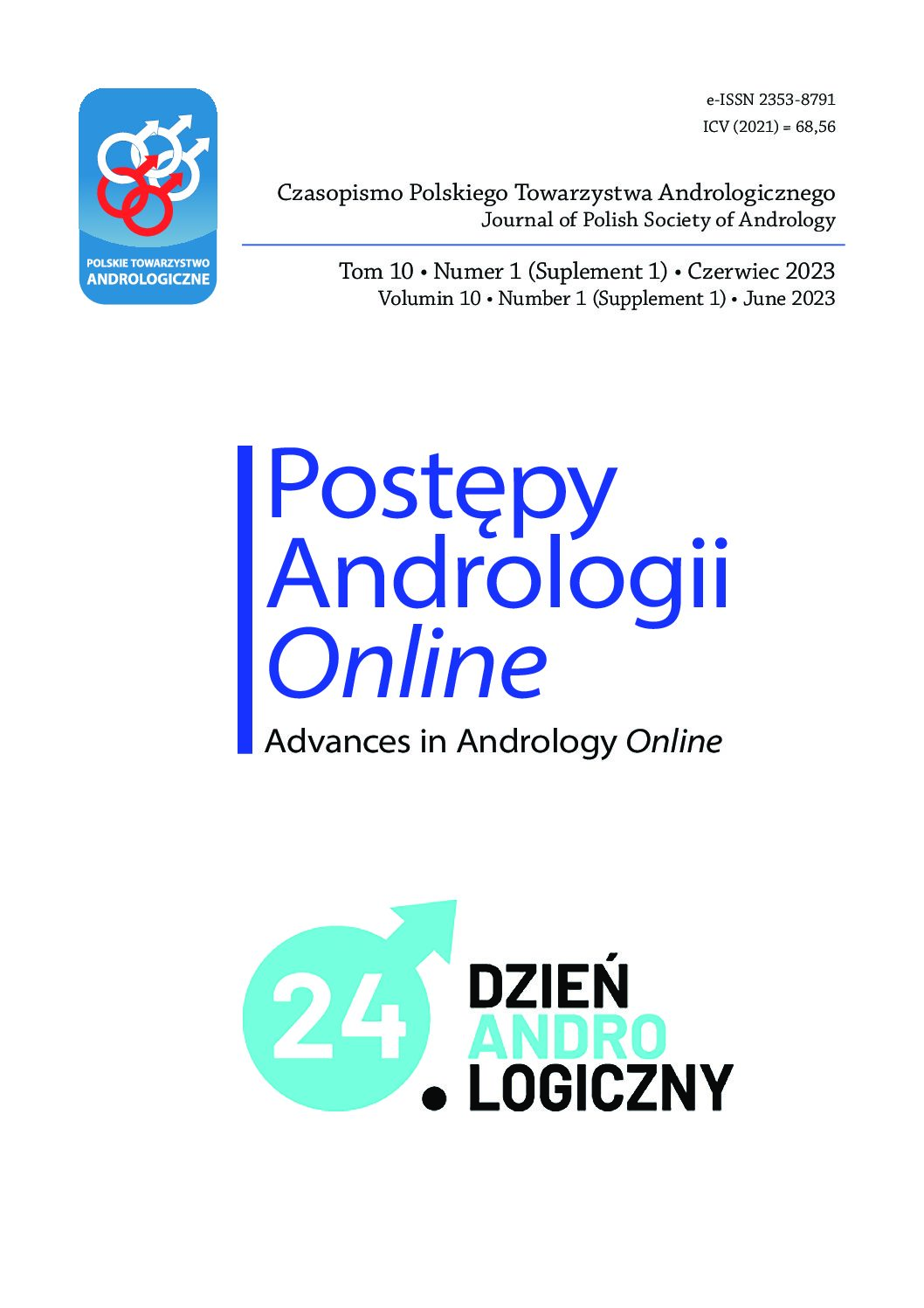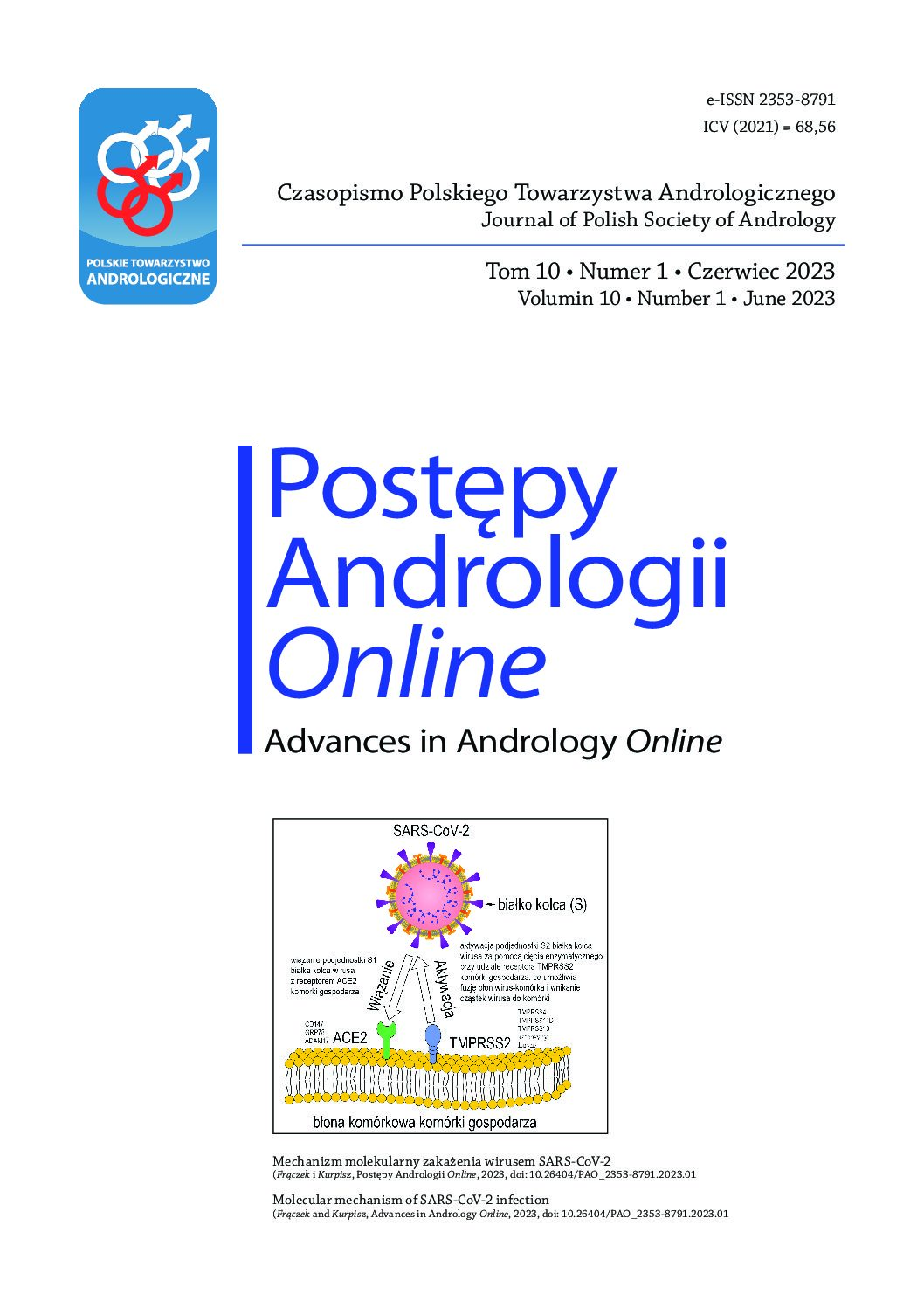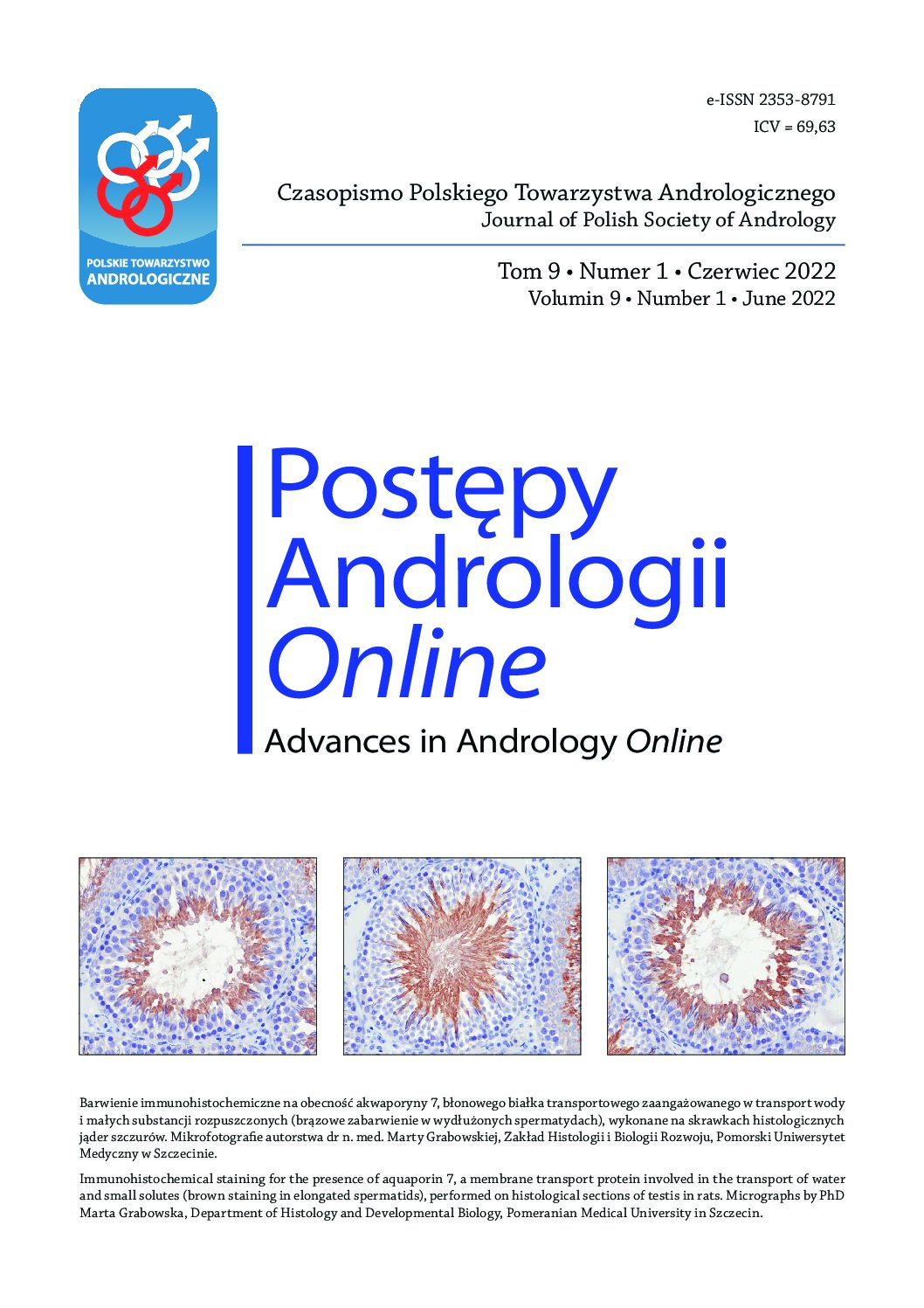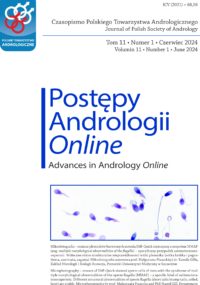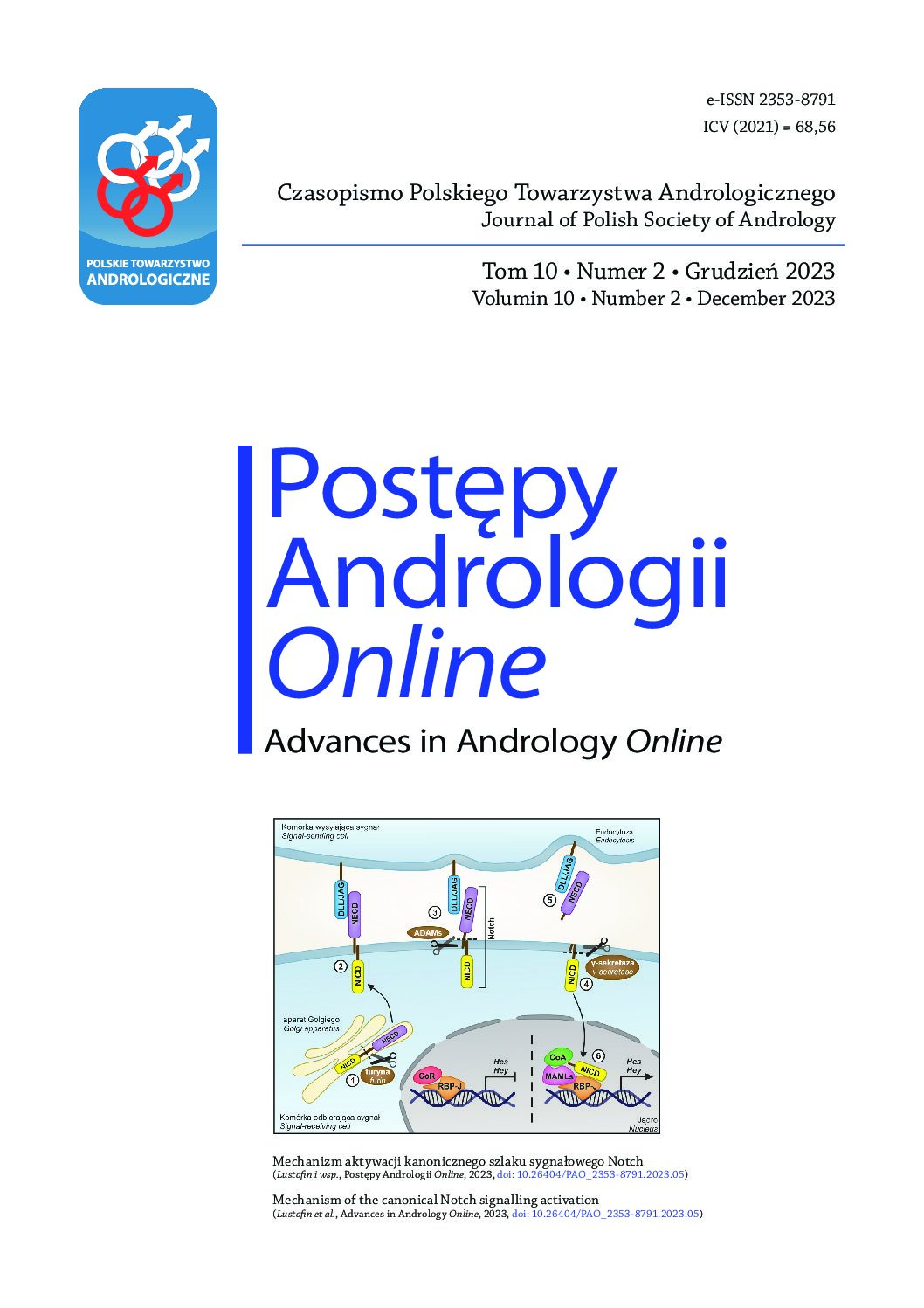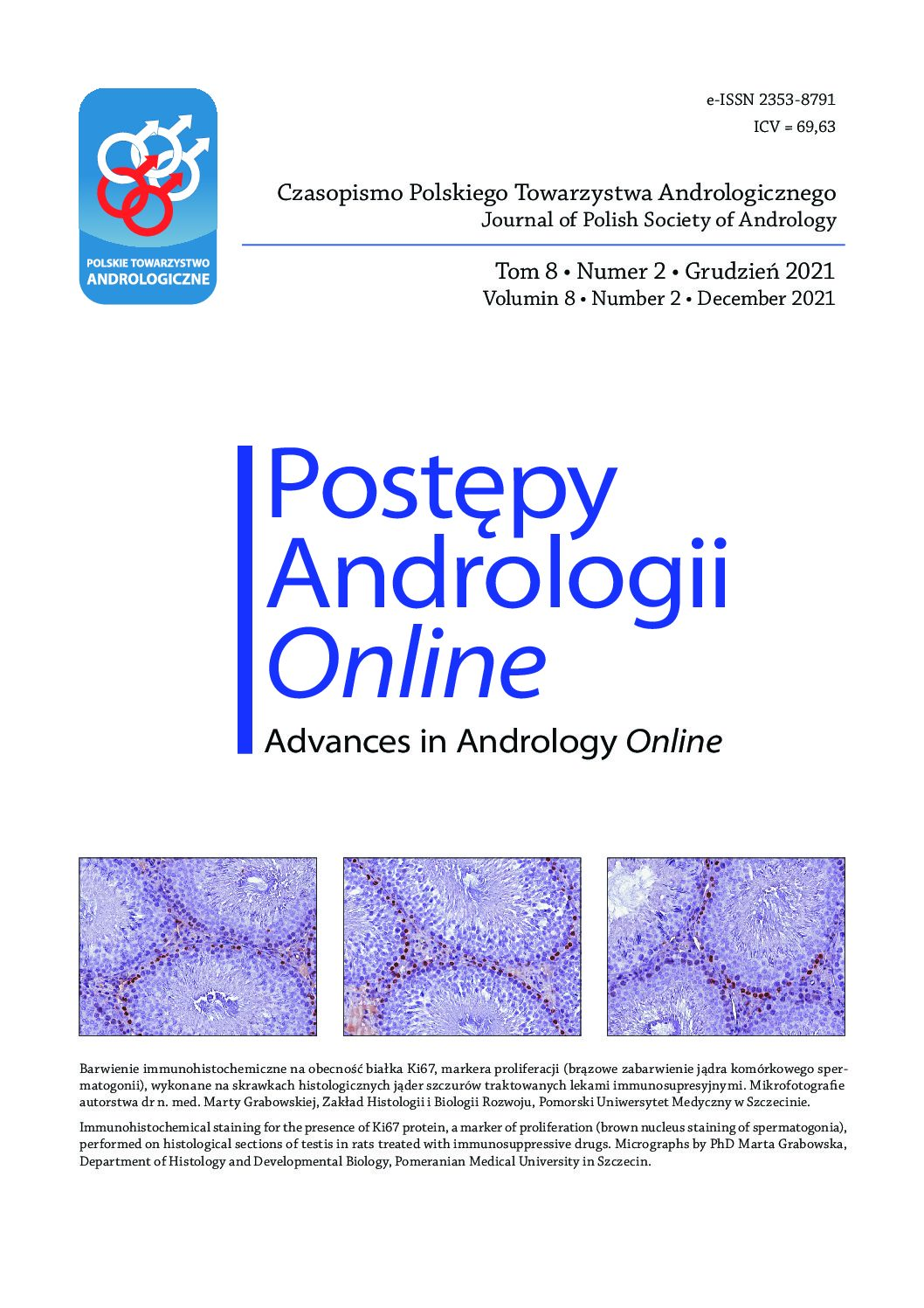Is advanced paternal age a reproductive risk? Part I: assessment of selected standard sperm characteristics
IS ADVANCED PATERNAL AGE A REPRODUCTIVE RISK? PART I: ASSESSMENT OF SELECTED STANDARD SPERM CHARACTERISTICS
Numerous reports indicate that the paternal age is an important factor aff ecting the fertility potential. Th e risk of reproductive failure can increase in age >40 or even >35 years in men, commonly classifi ed as advanced age. Urogenital infections and systemic diseases appear more often with advanced paternal age. Moreover disturbances in the hypothalamic pituitary-testis axis which may affect sexual function and cause changes in the structure and function of the testis can appear more frequently. Possible pathomechanism for age depended alterations in the male reproductive system is associated with imbalance between pro- and antioxidative processes which inevitably leads to an oxidative stress and to increase the production of reactive oxygen species. Finally, the disturbances of spermatogenesis and the higher risk of quantitative and qualitative as well as molecular abnormalities of male gametes can appear. Particular attention is paid to the maturity of sperm chromatin, which may play a key role in achieving reproductive success, both in a natural and medically assisted conception.
